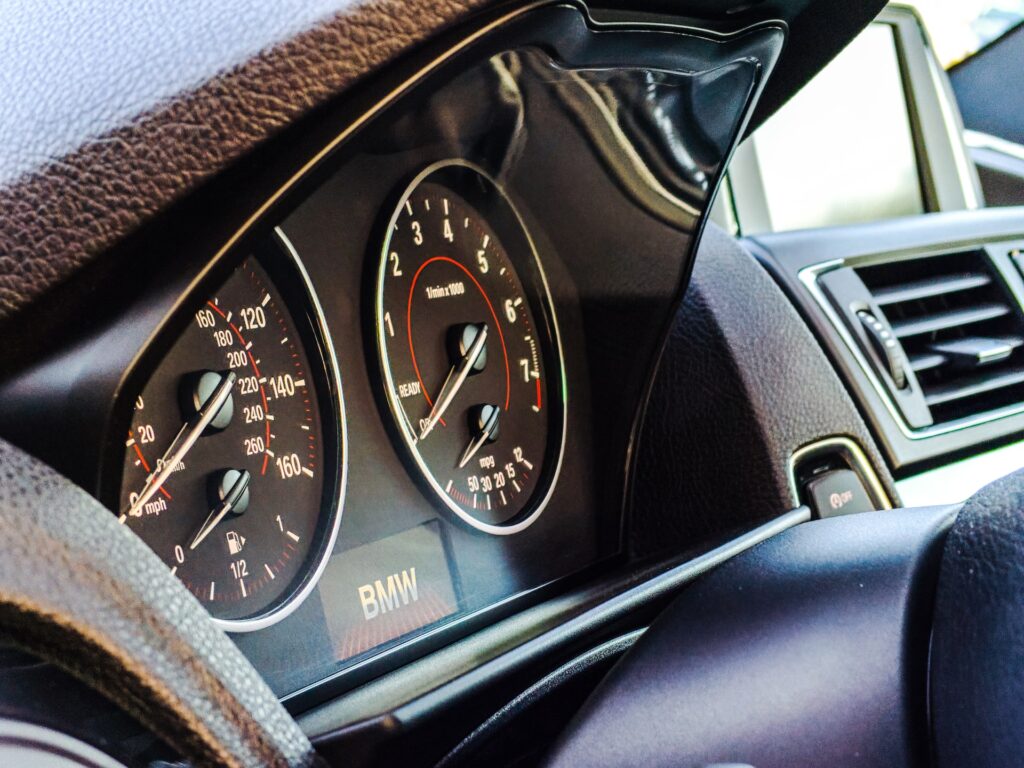Optimizing vehicle dynamics is a crucial aspect of designing high-performance automobiles. One key factor that significantly influences the handling and ride quality of a vehicle is its suspension system. While there are various types of suspension systems available, IRS stands out as a superior choice for enhancing vehicle dynamics. In this article, we will explore how independent rear suspension makes a difference in optimizing vehicle dynamics, providing a smoother and more controlled driving experience.
1. Enhanced Handling and Stability
Independent rear suspension plays a pivotal role in improving a vehicle’s handling and stability. By allowing each wheel to move independently, IRS enables better weight distribution and improved tire contact with the road surface. This results in enhanced traction and grip, especially during cornering and maneuvering. The improved stability offered by IRS ensures that the vehicle remains planted and composed, even when subjected to sudden changes in direction or uneven road surfaces.
2. Smoother Ride Quality
Another significant advantage of the IRS is its ability to provide a smoother and more comfortable ride. With each wheel able to move independently, IRS absorbs road imperfections and undulations more effectively than a solid rear axle. This results in reduced vibrations and a more controlled suspension response, translating to a comfortable and refined driving experience for the occupants.
3. Better Road Holding Capability
Independent rear suspension offers better road-holding capability, especially in challenging driving conditions. The independent movement of each wheel allows the suspension system to adapt and react to varying road surfaces and undulations individually. As a result, the tires maintain better contact with the road, enhancing grip and traction. This is particularly beneficial when driving on wet or slippery surfaces, where maintaining control is crucial.
4. Improved Braking Performance
The braking performance of a vehicle is significantly influenced by its suspension system. IRS plays a vital role in optimizing braking performance by improving weight transfer and reducing squatting or diving tendencies during braking. By distributing the weight more evenly, IRS ensures that the vehicle remains balanced, allowing for more efficient and effective braking. This results in shorter stopping distances and improved overall safety.
5. Enhanced Cornering Ability
Cornering ability is a crucial aspect of optimizing vehicle dynamics, and independent rear suspension excels in this area. With each wheel able to move independently, IRS allows for better weight transfer during cornering. This translates to improved stability, reduced body roll, and increased cornering grip. The result is a more agile and responsive vehicle that can navigate corners with precision and confidence.
6. Increased Payload Capacity
In addition to its performance benefits, the IRS offers practical payload capacity advantages. The design of IRS allows for more efficient use of space in the rear of the vehicle, as there is no need for a solid axle assembly. This results in increased cargo or passenger space, making independent rear suspension an ideal choice for vehicles that require a larger payload capacity.
The Benefits of Independent Rear Suspension

IRS is a suspension system that allows each wheel to move independently of the others. This means that when one wheel hits a bump in the road, it does not affect the other wheels. In vehicles with solid rear axles, bumps can cause all four wheels to bounce together and lose contact with the road surface.
One of the biggest benefits of the IRS is improved handling and stability. With each wheel able to react separately to changes in terrain or direction, there is less body roll during cornering and braking. This leads to better control over your vehicle on straight roads and winding paths.
Another advantage of the independent rear suspension is increased comfort for passengers. The ability of each wheel to absorb shocks individually means that bumps are absorbed more easily by the car’s chassis rather than being transferred directly into passenger seats.
In addition to improving handling and comfort, IRS also has an impact on safety. By allowing tires to always be in contact with rough surfaces irregularities such as potholes at high speed won’t upset your vehicle’s balance like they would have done if you were driving without this technology.
IRS provides many benefits over traditional solid axle systems which make it more popular among enthusiasts as well as manufacturers alike who seek better performance from their vehicles while providing luxurious ride quality standards for customers desiring these features from their automobiles. Whether you’re a driver looking for improved handling, better comfort, or improved safety, IRS is definitely worth the investment.
The Drawbacks of Independent Rear Suspension
While the IRS has many benefits, it also comes with a few drawbacks. One of the main concerns is cost. Autonomous rear suspension systems are typically more expensive to produce and install than traditional solid axle suspensions.
Another drawback is that they can be more complex and require more maintenance. Because there are several moving parts involved in an independent system, there’s a greater chance for something to go wrong or wear out over time. This means that owners may need to invest more time and money into keeping their vehicles running smoothly.
Additionally, some drivers feel that independent rear suspension doesn’t offer the same level of stability as solid axles, particularly when towing heavy loads or driving off-road. While this isn’t necessarily true in all cases, it’s important for drivers to consider their specific needs before deciding on a suspension system.
Because IRS systems tend to take up more space than solid axles, they may not be as practical for vehicles where cargo space is at a premium. Some SUVs and trucks have limited room in the back due to design constraints or other features like third-row seating.
While there are certain drawbacks associated with IRS systems, these tend to be relatively minor compared with the benefits they provide in terms of improved handling and ride quality.
How to Choose the Right Independent Rear Suspension for Your Vehicle
When it comes to choosing the right independent rear suspension for your vehicle, there are a few factors that you should take into consideration. For instance, if you own a BMW, it’s important to remember that using the right BMW engine oil goes hand in hand with maintaining your suspension system, ensuring optimal performance and longevity. The first thing you need to determine is what type of driving you will be doing with your vehicle. Will it be used primarily for daily commuting or do you plan on taking it off-road?
Next, consider the weight and size of your vehicle as well as its wheelbase. This information will help guide you in selecting the appropriate suspension system.
Another aspect to consider is whether or not you want adjustable shocks or airbags. Adjustable shocks can provide more control over how your vehicle handles while airbags allow for easy adjustments when carrying heavy loads.
It’s also important to think about your budget, as some IRS systems can be quite expensive. While investing in a high-quality system may cost more upfront, it can ultimately save money in maintenance costs down the road.
Ultimately, choosing the right IRS for your vehicle requires careful consideration of these various factors. By taking these aspects into account and seeking advice from experts if necessary, you’ll be able to make an informed decision that will optimize both performance and safety while driving on any terrain!
Conclusion
To sum up, the independent rear suspension is an excellent option for those who want to enjoy a better driving experience. Although it may come with some drawbacks, such as the higher cost and complex installation process, its benefits significantly outweigh them.
If you’re looking to optimize your vehicle dynamics, then investing in high-quality IRS is definitely worth considering. It not only enhances your vehicle’s stability and handling but also improves comfort and safety while driving.
Always make sure to choose the right type of independent rear suspension that suits your specific needs and preferences. Proper maintenance and care can provide you with long-lasting performance benefits that will last for years to come.
So why wait? Upgrade your car’s suspension system today and experience the difference yourself!







1 thought on “Optimizing Vehicle Dynamics: How Independent Rear Suspension Makes a Difference”